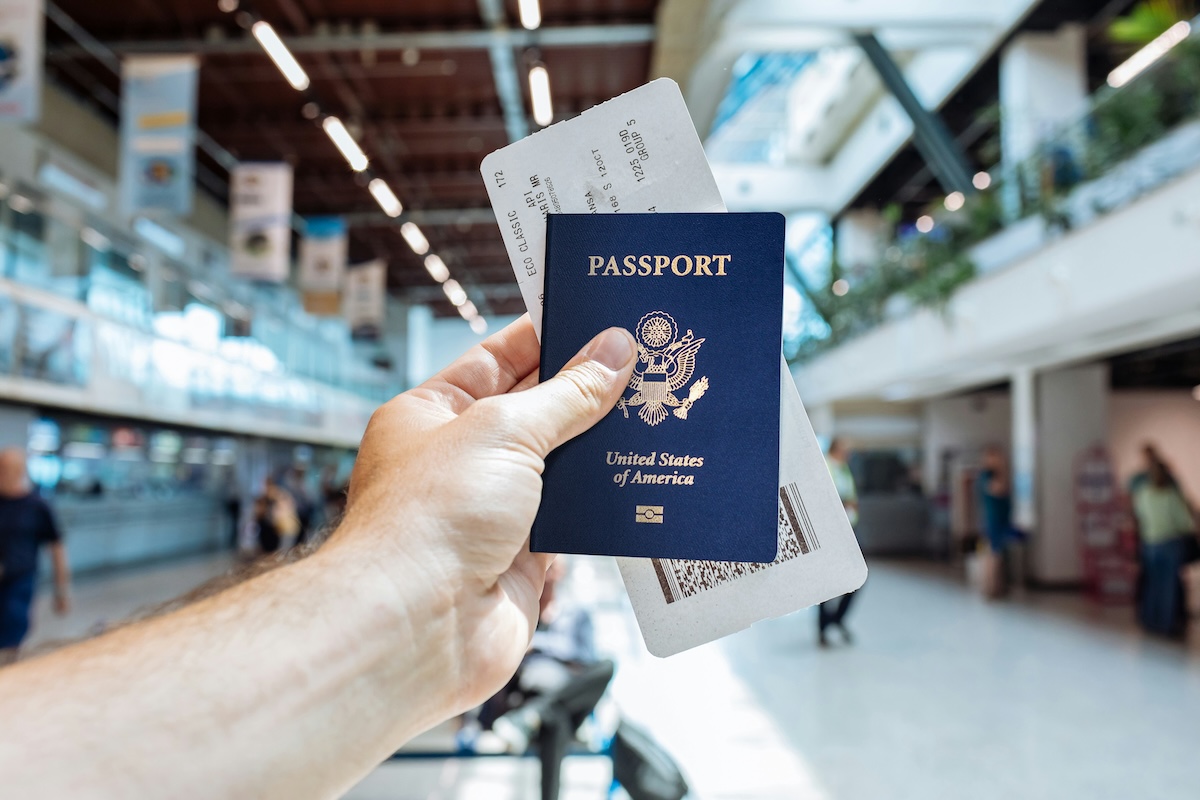

Trump’s work on reciprocal tariffs has certainly dinged up our portfolios, but is it also hurting US tourism? Expedia thinks so.
In the US over the weekend, online travel giant Expedia reported its earnings. With $299 million in quarterly net profit from $3.18 billion taken in total bookings coming in right on analyst predictions, it was the forecast that spooked investors.
CEO Ariane Gorin told investors on an earnings call that Expedia is already seeing weaker demand for US tourism. While nobody on the call explicitly said the words “Trump”, “tariff” or “terrifying place to visit”, there’s a bit of subtext at work.
Of the Q1 results, CEO Gorin said to analysts that “we posted bookings and revenue within our guidance range”, adding then, “this was at the lower end of our range due to weaker-than-expected travel demand in the US and into the US”.
She added that Expedia is “still continuing to see pressure on travel into the US”.
Expedia CFO Scott Schenkel said that inbound travel into the US is down 7%, and inbound bookings to the US from Canada specifically is down “nearly 30%”.
Schenkel added on the call that due to softening demand, the company is now only forecasting booking growth of between 2-4% for gross bookings in the second quarter. Compare that to booking guidance for previous quarters which were conservatively 6% and you start to see the problem emerge
Two-thirds of Expedia’s bookings come from the US, and with demand already starting to soften, analysts have started to downgrade the stock’s price. The market responded, with Expedia dropping 8% as a result of the comments.
It's a fact: Aussies historically love the US. Can’t get enough of it. But now that the Trump slump is starting to show on markets, should Aussie carriers start to get nervous?
I’ve been asking around over the weekend, and nobody seems too worried. Yet.
I do know that the national carrier, for one, is monitoring the situation closely.
From what I’ve learned, Qantas hasn’t seen any material demand changes for its US flight offerings in the last six months. In fact, it recently put on the A380 super-jumbo with its premium cabin offering and seating for almost 500 passengers to cater for current needs.
That indicates a level of comfortability with where demand for US flights is right now at least.
Like Qantas, we’ll be monitoring this one closely, too.